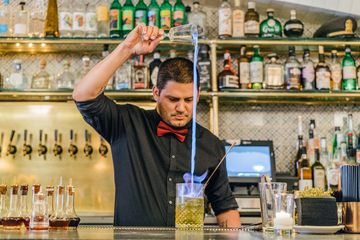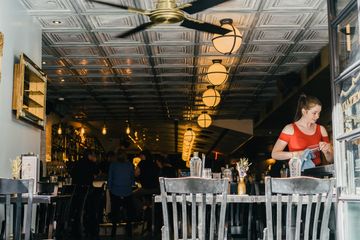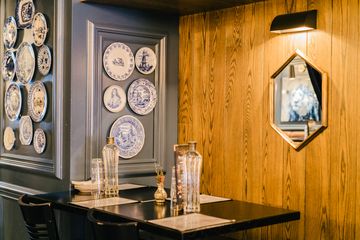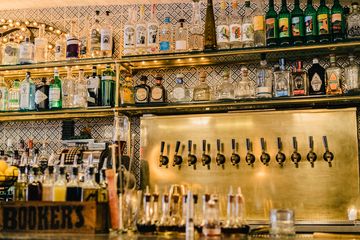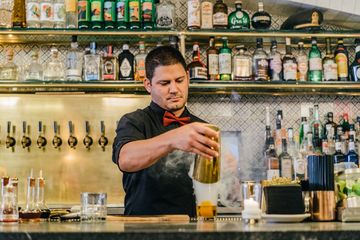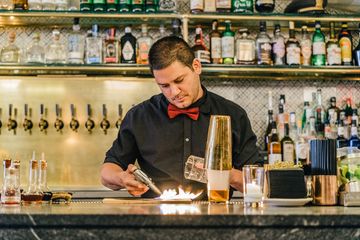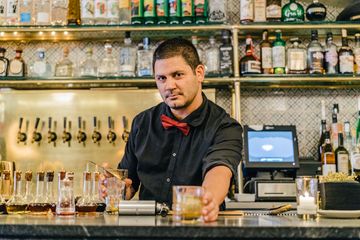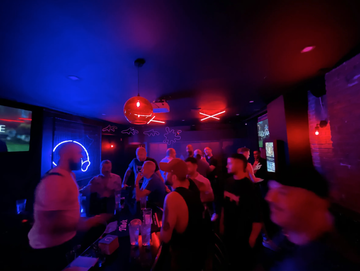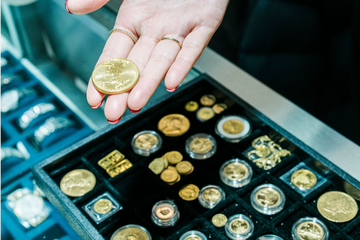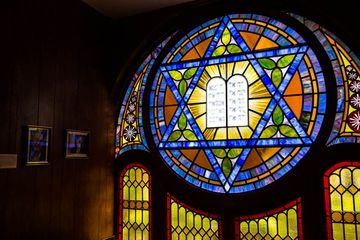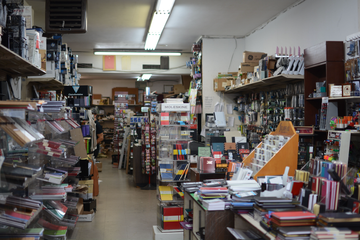For the first seven years, Phil Podemski had his shop on Park Row across from City Hall, but in 1973, with the help of his son, Sam, they came uptown and have resided on 47th Street ever since. "It was a good move on our part, " Sam admitted. "It has allowed us to weather each of the storms that have come our way. "Because Phil's Stationery is in the Jewelry District, there have always been customers in need of memorandum books, special jewelry bags for shipping, and other necessary items that Sam and his dad never allowed to run out of stock. "This has kept us alive. " That and the warm customer service that he strongly believes in. "Yes, I could close up shop and sell my goods solely on the internet, but I would miss the people — the human connection. " Sam's best connection, however, was with his dad. "We were together for forty years until he passed away in 1996. I have the best memories of him yelling at me throughout those years, always in the most loving way. "When Sam and his dad initially opened, they were not known as an office supply store. They carried an amalgam of health and beauty products, chocolate, and other novelty goods. As time progressed, they evolved into a full office supply shop carrying absolutely everything that one could want or need for their desk. In addition to having fun rummaging through the stacks of notebooks, journals, pens, markers, and an array of art supplies, it is the collection of Berol pencils made in the U. S. in the 1960s, the old Swingline staplers — and several other items that date back some fifty to sixty years — that will provide a noteworthy trip down memory lane for many.
